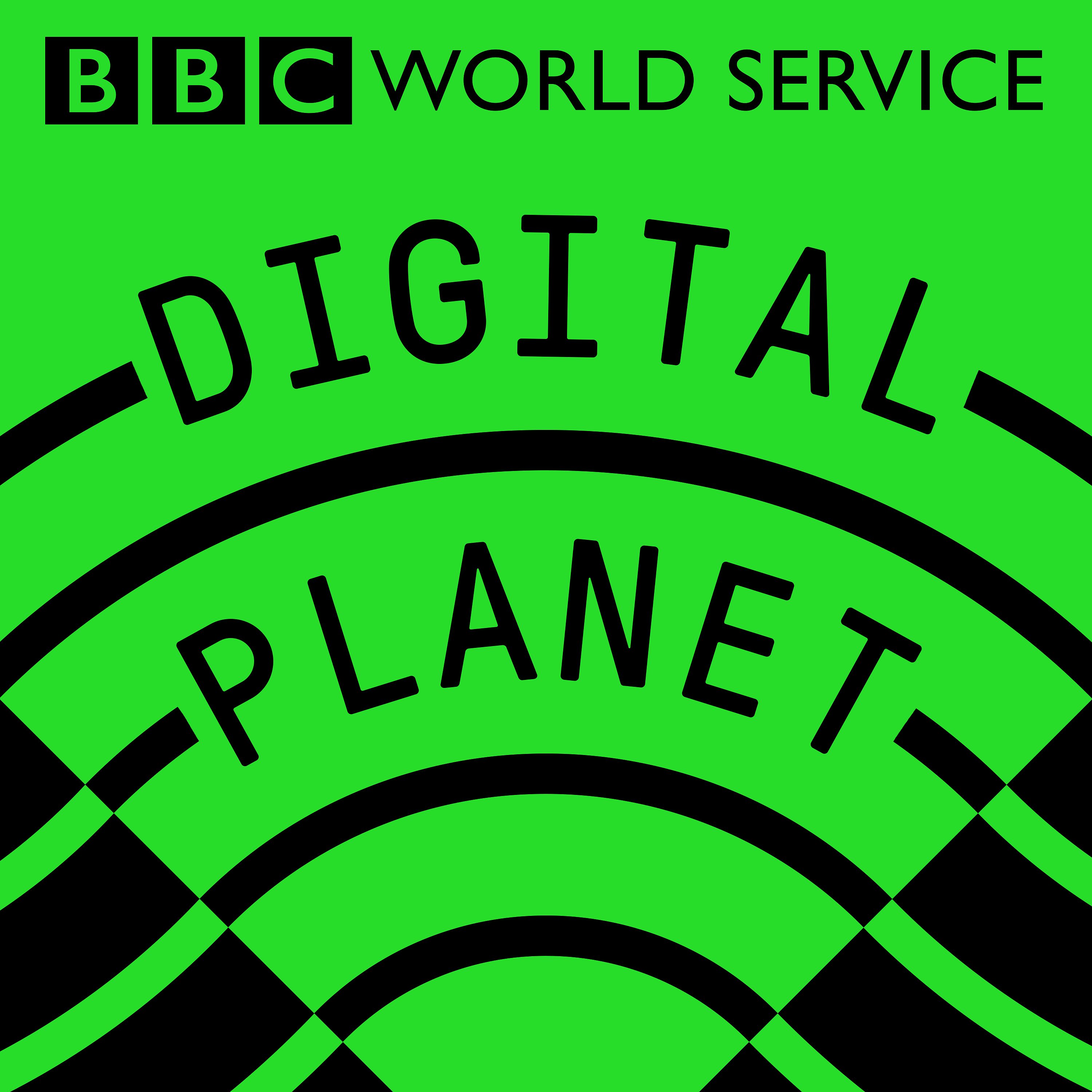
Marine accident investigation technology
Digital Planet
Marine accident investigation technology On Sunday on the Giudecca Canal in Venice a giant cruise ship crashed into a docked tourist boat. Mike Travis, of the Marine Accident Investigation Branch in the UK, explains how technology will help accident investigators determine what happened Cancer data and AI Scientists have been gathering petabytes of data from cancer patients in a bid to find new treatments. To be able to analyse some of this massive volume of data, they are harnessing machine learning and AI. Dr. Shamith Samara-Jiwa of the MRC Cancer Unit in Cambridge in England tells us about the difference AI is making in cancer research. Human and AI smart speakers A project that combines AI with human researchers is being trailed in India. Smart speakers, positioned in the street, allow people to ask questions, pick up a ticket and return later for the answer. Some speakers have human intelligence behind them, while others have algorithms. Dr. Jennifer Pearson from Swansea University is behind the work. Saving film projection technology Films are made to be shown – but how you project them can have a significant impact on the quality of the viewers experience. Most cinemas now no longer employ a projectionist and use digital technology to play the film. But as Lauren Hutchinson has been finding out some enthusiasts in New York are finding it harder to keep the old film tech working. (Photo: Cruise ship MSC Opera is seen after the collision with a tourist boat, in Venice, Italy.Credit: EPA/ANDREA MEROLA) Producer: Ania LichtarowiczNext Episodes

Genderless voice assistants @ Digital Planet
📆 2019-05-28 22:00 / ⌛ 00:36:12

Is facial recognition violating people's privacy? @ Digital Planet
📆 2019-05-21 22:00 / ⌛ 00:42:50

Personal alarms hackable using phone numbers @ Digital Planet
📆 2019-05-14 22:00 / ⌛ 00:39:21

Ham radio aids cyclone relief effort @ Digital Planet
📆 2019-05-07 22:00 / ⌛ 00:37:14

The latest in health and fintech @ Digital Planet
📆 2019-04-30 22:21 / ⌛ 00:44:11